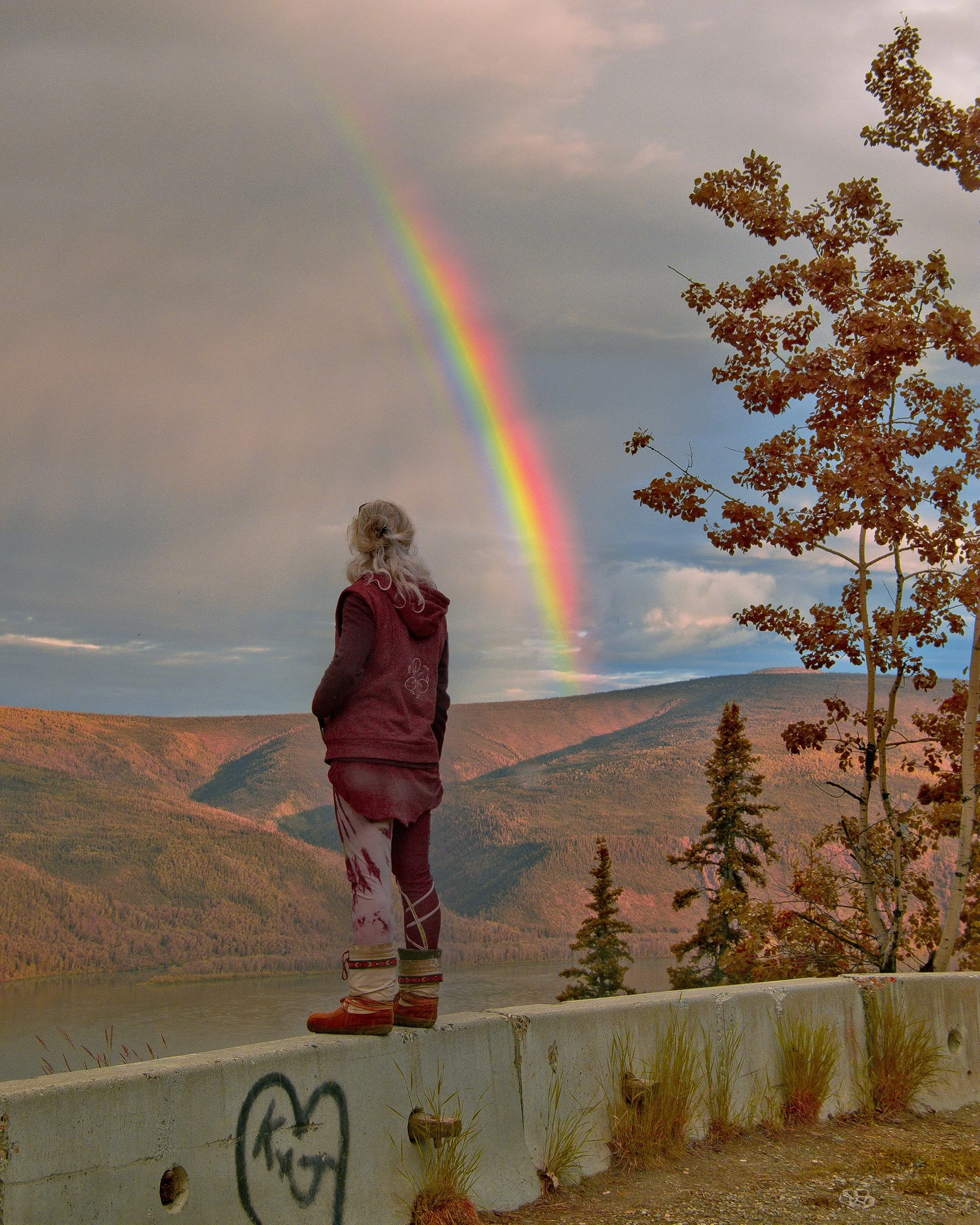Georgs Avetisjans
Motherland. Far Beyond the Polar Circle | This is the story of a town, which was built upon the bones of Soviet prisoners, a city in which many deported Latvians once lived. My mum was born in Igarka in 1952, which is in Siberia, in Russia, 163 km north of the Arctic Circle. On June 14, 1941 my grandma was deported to Siberia. She lived there until the summer of 1956 and hasn‘t spoken about it ever since. There was just a sense of wisdom and misunderstanding about the past, much like the landscapes that hold this dark and silent history and testimonies frozen in time.
Grandma’s first husband was the First Commander of the Guard Squadron of the independent Latvia. He was considered an enemy of the USSR and taken to Sevurallag, the Soviet gulag camp in Sverdlovsk region where he died from cold, starvation and humiliation in the winter of January 31, 1942. He was separated from my grandma as most of the men from their families and wives with a promising hope to meet again. After many years of surviving alone in Siberia, my grandma met my grandpa in Igarka. He was from Smolensk in Russia and expelled on July 29, 1950 from Johvi, Estonia.
During the next deportations in 1948-1951, thousands more civilians were forcefully moved to Igarka from their homeland and newly occupied territories of the USSR. Many of them died from the cold and poor conditions in the winter of 1948-1949.
I went to Igarka during the winter of 2019-2020 when the average temperature was -40C, to pay tribute to those who survive, survived or sadly didn’t, and to those who still live there and were forced to start living there 70 or more years ago in these weather conditions.
In the last decades, the seemingly infinite landscapes of the Yenisei River and Siberian taiga have led Igarka and Northern Siberia in Russia to be seen as a place of romance. But the vast expanse holds many memories of the millions whose lives were affected by Stalin’s Gulag labour system. Today, of course, the community in Igarka has its own hopes and dreams for the future. Residents hope for the revival of the railway, they hope that one day they will become the oil capital of Siberia with many new jobs in oil, mineral and natural gas fields, they hope for the revival of the agriculture and timber industry, expansion of the airport and free fishing without the regulatory burdens of today.
I used a Soviet-made medium format camera - the Salut - with Mir lenses which could become just as unreliable as the whole Soviet system and therefore added additional conceptual significance to the project.
This is a chapter of the trilogy in which each part deals separately with the notions and meanings of Homeland, Fatherland and Motherland from a deeply personal and autobiographical perspective.
Georgs Avetisjans and Milda Books just launched the Kickstarter campaign “Motherland. Far Beyond the Polar Circle” - a journey far beyond the polar circle that brings to light memories of Soviet deportees and contemporary stories through a photobook www.farbeyondthepolarcircle.com


































